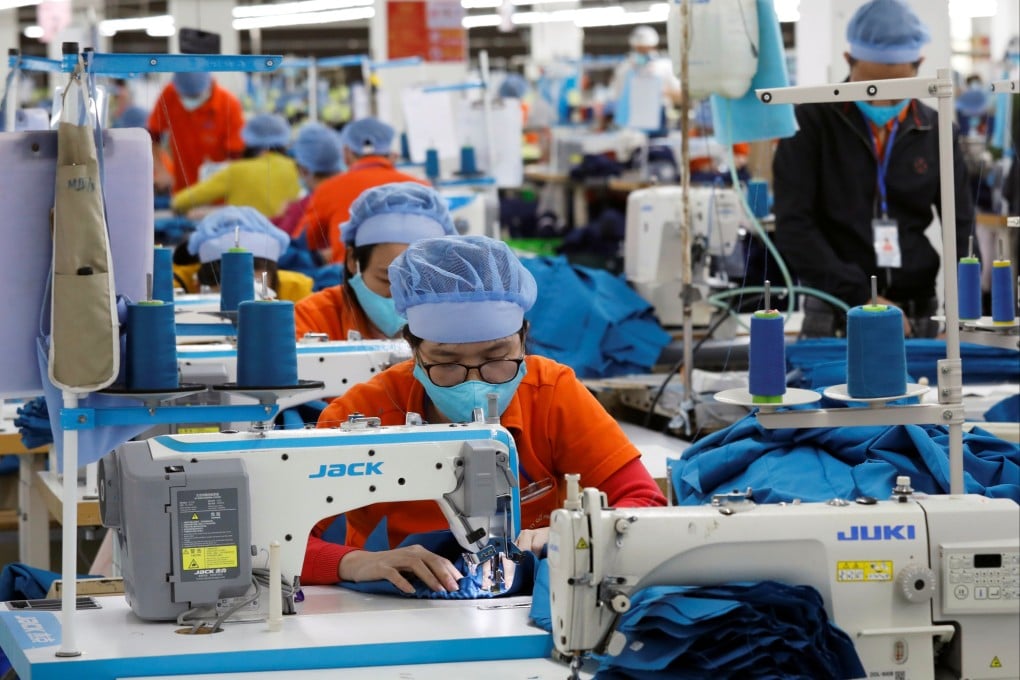Opinion | For fairer trade, expand supply-chain finance in emerging markets
Multilateral lenders must coordinate with governments and local financial institutions to include the world’s most underserved regions

Supply-chain networks bring together raw materials, parts, services and other inputs from multiple countries, with goods often crossing borders several times for processing before they are finished, distributed and marketed.
The firms within these networks depend on short-term supply-chain finance to avoid being squeezed between upfront payments to their suppliers and late payments by their buyers. Such financing enables a large share of global trade, and for small firms in developing countries, it is essential.
Garment producers, for example, needed financing to increase their purchases of inputs, even though payments from buyers would come only later. Supply-chain finance offered access to immediate funds, helping them manage working capital, stabilise operations and contribute to easing the world’s supply bottlenecks.
At the global level, supply-chain finance is one of the fastest growing segments of trade finance, with BCR’s latest World Supply Chain Finance Report estimating its value at around US$2.3 trillion. But only some are benefiting from this expansion.


